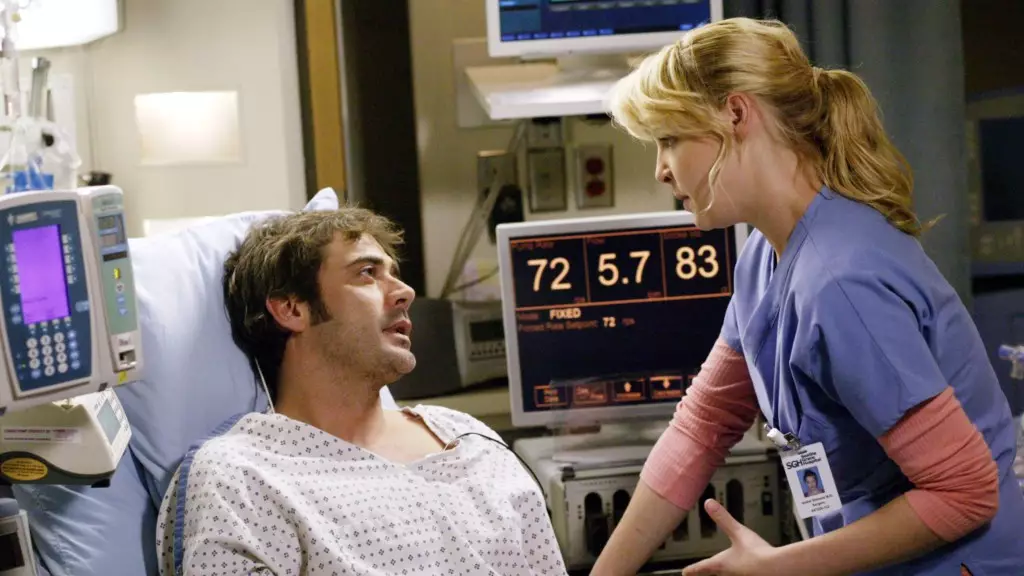For 20 years, Grey’s Anatomy has carved its mark in television history, seamlessly blending romance, drama, and medical emergencies into a compelling narrative that resonates with viewers. As the series continues to evolve, its earlier seasons remain a topic of discussion, especially with revelations from its stars. One such insight came from Katherine Heigl, who recently expressed her discomfort with revisiting certain moments from her tenure on the show. With the complexities of parenthood intertwined with her acting career, Heigl’s candid remarks highlight the challenging balance between personal and public personas, particularly when it involves content that might be considered risqué or awkward.
The Awkwardness of Iconic Moments
Heigl’s admission about not watching Grey’s Anatomy with her children sheds light on a common conundrum faced by actors: the intersection of their artistic choices and real-life implications. In a Season 5 episode, a ghostly sex scene with Jeffrey Dean Morgan’s character emerges as a pivotal moment smeared with embarrassment. This comment isn’t just about the discomfort of intimate scenes—it speaks volumes about the way such narratives can haunt actors long after they’ve performed them. Heigl expresses her fear of embarrassment in the presence of her children, sparking a reflection on how adult themes in media can create a chasm between past roles and present responsibilities.
Interpersonal Dynamics and Character Arcs
The fallout from Denny Duquette’s tragic demise in Season 2 is another facet of the series that anchors its emotional weight. During his posthumous appearances, Heigl’s character Izzie attempts to navigate a labyrinth of feelings and relationships, grounded in her wish-fulfillment fantasy of being with Denny. Morgan’s recollection of shooting these scenes indicates a level of confusion surrounding their storyline—a poignant reminder of how creatively ambitious plots can sometimes come across as disjointed or awkward during the filming process. He recalls the difficulty of maintaining a seamless performance when the underlying premise is so fantastical and layered with emotional intricacies.
Impact of Vulnerability in Performance
Heigl’s profound discomfort with certain scenes illuminates an essential layer of vulnerability that actors encounter. The dichotomy between an actor’s ability to portray intimacy and their reluctance to share those moments with loved ones is striking. Art demands authenticity, yet the private lives of actors often provoke a desire to shield their families from potentially embarrassing exposures. This conversation becomes particularly relevant as audiences increasingly seek transparency from their on-screen idols, pushing the boundaries of what can be shared in a public space.
As Grey’s Anatomy continues to capture hearts and stir memories, stories like Heigl’s encapsulate the nuanced dance between fame and personal connection. It reminds us that behind the glitz of stardom lies a deeply human experience, one fraught with laughter, embarrassment, and complex relationships. The characters may have left the airwaves, but their stories remain firmly etched in the minds of viewers, echoing the bittersweet reality that is life on and off the screen.

